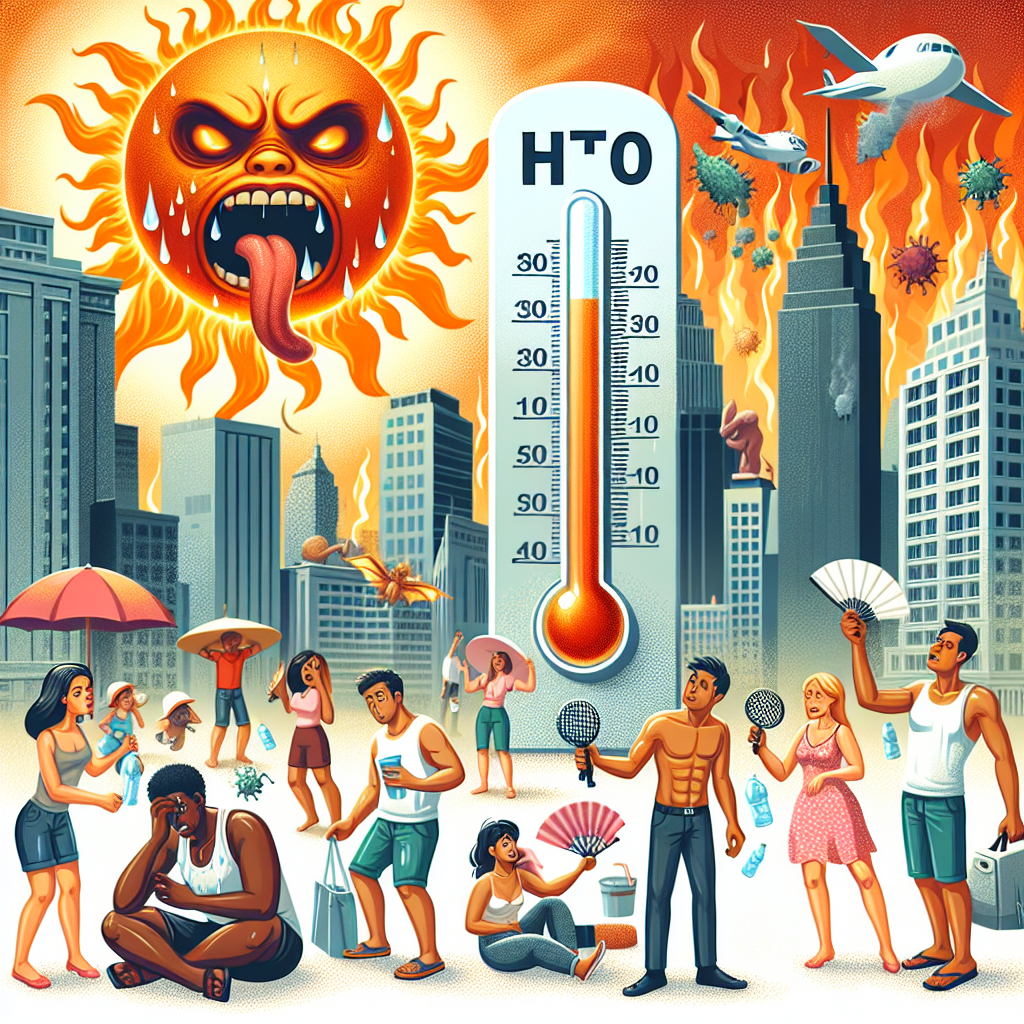U.N. Issues Global Call to Combat Extreme Heat: Urgent Action Needed
U.N. Secretary General Antonio Guterres has urged global leaders to address the extreme heat crisis exacerbated by climate change, after the world experienced its hottest day ever recorded. The U.N. emphasized the need for reducing fossil fuel emissions and safeguarding vulnerable populations, including workers, due to the heightened risks of heatwaves.

U.N. Secretary General Antonio Guterres called on Thursday for a global response to the urgent issue of extreme heat, which has been exacerbated by climate change. His statements came just days after the world registered its hottest day on record.
"Extreme heat is the new abnormal," Guterres said. "The world must rise to the challenge of rising temperatures." He emphasized that climate change is causing heatwaves to become more frequent, intense, and longer-lasting worldwide.
This year alone, extreme heat has resulted in 1,300 hajj pilgrims dying, closed schools for 80 million children in Africa and Asia, and caused a rise in hospitalizations and deaths in the Sahel. According to the European Union's Copernicus Climate Change Service, each month since June 2023 has been the planet's warmest on record for that particular month.
The U.N. urges governments not only to reduce fossil fuel emissions—the primary driver of climate change—but also to protect the most vulnerable populations such as the elderly, pregnant women, and children. Safeguarding workers is also crucial, as over 70 percent of the global workforce, about 2.4 billion people, are at high risk of extreme heat, according to a report by the International Labour Organization (ILO) published Thursday.
In Africa, 93 percent of the workforce is exposed to excessive heat, while 84 percent of the Arab States' workforce face similar conditions. Excessive heat has been linked to nearly 23 million workplace injuries globally, and approximately 19,000 deaths annually.
"We need measures to protect workers, grounded in human rights," Guterres stated. He also called for "heatproofing" economies, critical sectors such as healthcare, and the built environment.
Rapid urbanization and the urban heat island effect are causing cities to warm at twice the global average rate. By 2050, experts predict a 700 percent increase in the number of urban poor living in extreme heat conditions.
This marks the first time the U.N. has made a global call for action on extreme heat. "We need a policy signal and this is it," said Kathy Baughman Mcleod, CEO of Climate Resilience for All, a nonprofit focused on extreme heat. She noted, "It's recognition of how big it is and how urgent it is. It's also recognition that everybody doesn't feel in the same way and pay the same price for it."
(With inputs from agencies.)










